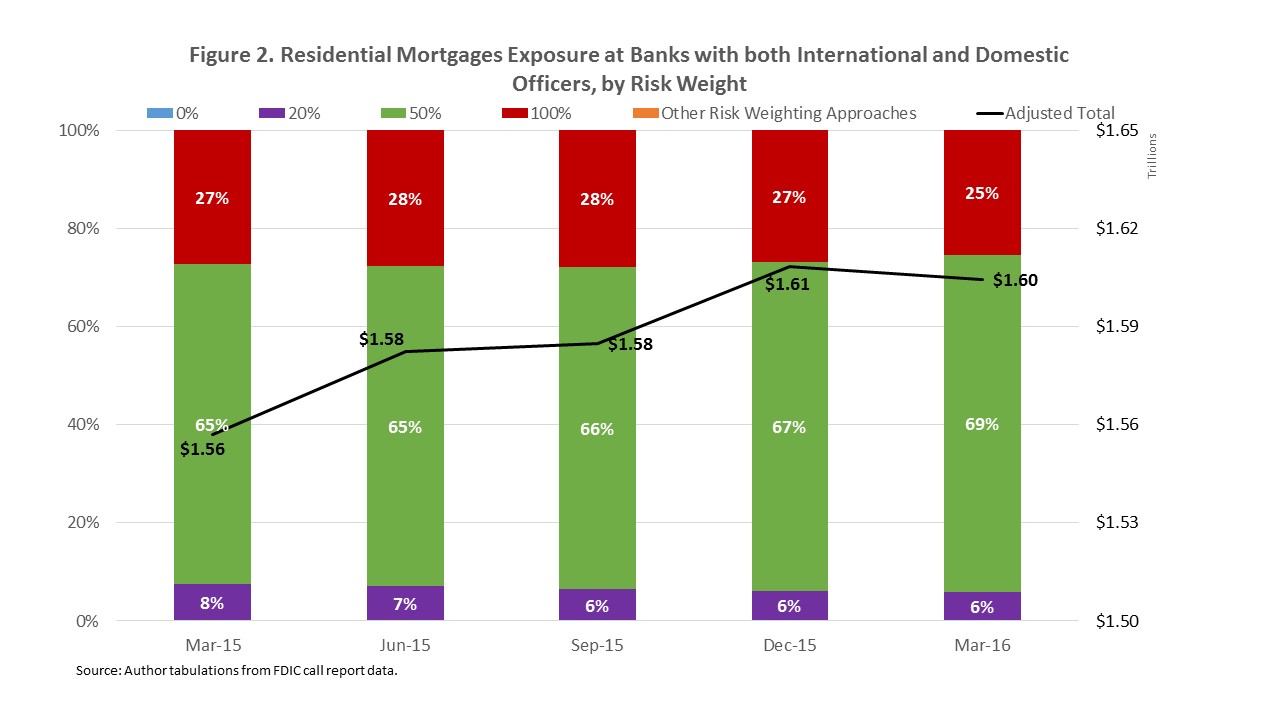The Connection Between Federal Debt And Mortgage Rates

Table of Contents
How Federal Debt Influences Interest Rates
The relationship between federal debt and interest rates is fundamentally rooted in the principles of supply and demand within the bond market. When the government needs to finance its spending, it issues Treasury bonds. These bonds represent a loan to the government, and investors purchase them, lending their money in exchange for a promised return (interest).
Increased government borrowing inherently increases the supply of bonds in the market. This increased supply can influence bond yields (the return investors receive).
- Increased demand for government bonds can lead to higher prices and consequently lower yields. This happens when investors are eager to hold safe government debt, even if the returns are relatively low.
- Conversely, excessive supply of government bonds can push yields upward. When the supply surpasses demand, investors may demand higher yields to compensate for the increased risk of holding a larger quantity of bonds.
- The Federal Reserve (the Fed) plays a pivotal role in managing the bond market and influencing interest rates. Through its open market operations, the Fed can buy or sell government bonds, directly impacting the supply and demand dynamics and consequently influencing yields.
Treasury yields serve as a benchmark for other interest rates, including mortgage rates. When Treasury yields rise, mortgage rates tend to follow suit, making borrowing more expensive for homebuyers. Conversely, a decrease in Treasury yields can lead to lower mortgage rates.
The Impact of Inflation on Mortgage Rates and Federal Debt
Inflation, the general increase in the prices of goods and services, erodes the purchasing power of money. High inflation is detrimental to economic stability. When inflation rises, the Federal Reserve often responds by raising interest rates. This is because higher interest rates make borrowing more expensive, thus cooling down economic activity and curbing inflation.
- Increased inflation often leads to higher mortgage rates. The Fed's actions to control inflation directly impact mortgage rates, as lenders adjust their rates to reflect the changing economic environment.
- The Federal Reserve's dual mandate is to promote maximum employment and price stability. Balancing these two goals requires careful consideration of the impact of monetary policy on both inflation and employment.
- Government spending can contribute to inflation. If the government spends excessively without generating commensurate economic output, it can fuel demand-pull inflation, pushing prices higher.
The relationship between federal debt and inflation is indirect but significant. High levels of federal debt can potentially lead to higher inflation, creating a ripple effect that increases mortgage rates. This is because persistent government borrowing can increase the money supply, potentially leading to inflationary pressures.
Federal Debt and Investor Confidence
High levels of federal debt can significantly impact investor confidence in the economy. Investors are wary of a country with a large and growing debt burden, as it suggests potential risks to financial stability.
- Risk premiums associated with higher national debt are reflected in higher interest rates. Investors demand a higher return on investments to compensate for the perceived increased risk.
- Credit rating downgrades further exacerbate the situation, signaling to investors a higher risk of default, thus pushing up borrowing costs across the board.
- The flight to safety phenomenon can also impact interest rates. During periods of economic uncertainty, investors often seek safety by investing in low-risk assets such as government bonds from countries with low debt levels. This increased demand for these safer assets can push interest rates down in those countries, potentially widening the rate difference with countries having higher debt.
Conversely, government actions aimed at reducing the deficit or managing the debt effectively can positively influence investor sentiment, potentially leading to lower interest rates, including mortgage rates.
Predicting Future Trends: Federal Debt and Mortgage Rate Forecasts
Predicting future trends in the relationship between federal debt and mortgage rates is challenging. Numerous economic factors constantly interact, making precise forecasting extremely difficult.
- Monitoring key economic indicators such as inflation, GDP growth, unemployment rates, and consumer spending is crucial.
- Various forecasting models exist, but each has limitations. Econometric models, for example, rely on historical data and may not accurately predict unexpected events or significant policy shifts.
- Reliable sources for economic forecasts include the Congressional Budget Office (CBO), the Federal Reserve, and reputable financial institutions.
While precise prediction is impossible, economists generally agree that persistent high levels of federal debt will likely exert upward pressure on interest rates over the long term, impacting mortgage rates for homebuyers. However, other unforeseen economic shocks can profoundly alter this relationship.
Conclusion: Navigating the Landscape of Federal Debt and Mortgage Rates
Understanding the interplay between federal debt and mortgage rates is critical for making informed financial decisions. Government borrowing, inflation, and investor confidence all play interconnected roles in shaping the cost of borrowing for homebuyers. High levels of federal debt can indirectly contribute to higher inflation and lower investor confidence, thus pushing up mortgage rates. Conversely, responsible fiscal policies can have a positive impact on mortgage rates.
Understanding the connection between federal debt and mortgage rates is crucial for making sound financial decisions. Stay informed about economic trends and consult with a financial advisor to navigate this complex landscape effectively. Regularly monitoring economic indicators and seeking professional financial advice are vital steps in managing your finances and making informed decisions related to mortgages in light of fluctuating federal debt levels.

Featured Posts
-
 Parg Represents Armenia At Eurovision In Concert 2025
May 19, 2025
Parg Represents Armenia At Eurovision In Concert 2025
May 19, 2025 -
 Build Pickleball Courts In Olive Branch Donate Or Place A Bid
May 19, 2025
Build Pickleball Courts In Olive Branch Donate Or Place A Bid
May 19, 2025 -
 El Rol De Cohep En La Vigilancia Del Proceso Electoral
May 19, 2025
El Rol De Cohep En La Vigilancia Del Proceso Electoral
May 19, 2025 -
 Eurovision 2023 Host Pulls Out Last Minute
May 19, 2025
Eurovision 2023 Host Pulls Out Last Minute
May 19, 2025 -
 The Orlando Fringe Celebrating Decades Of Artistic Excellence In Loch Haven Park
May 19, 2025
The Orlando Fringe Celebrating Decades Of Artistic Excellence In Loch Haven Park
May 19, 2025
Latest Posts
-
 Build Pickleball Courts In Olive Branch Donate Or Place A Bid
May 19, 2025
Build Pickleball Courts In Olive Branch Donate Or Place A Bid
May 19, 2025 -
 Amputee Athlete Makes History Parker Byrds College Baseball Milestone
May 19, 2025
Amputee Athlete Makes History Parker Byrds College Baseball Milestone
May 19, 2025 -
 Funding Opportunity Pickleball Courts In Olive Branch
May 19, 2025
Funding Opportunity Pickleball Courts In Olive Branch
May 19, 2025 -
 Olive Branch Pickleball Court Project Donation And Bid Invitation
May 19, 2025
Olive Branch Pickleball Court Project Donation And Bid Invitation
May 19, 2025 -
 Parker Byrd Makes History Ecu Amputees Groundbreaking College Baseball Achievement
May 19, 2025
Parker Byrd Makes History Ecu Amputees Groundbreaking College Baseball Achievement
May 19, 2025
